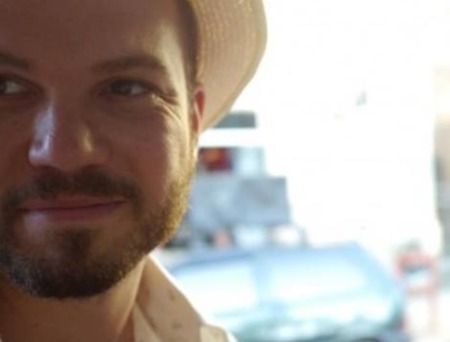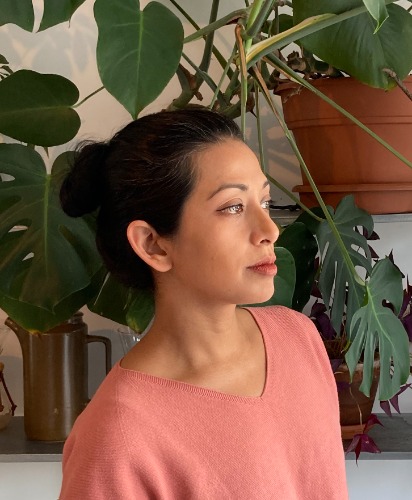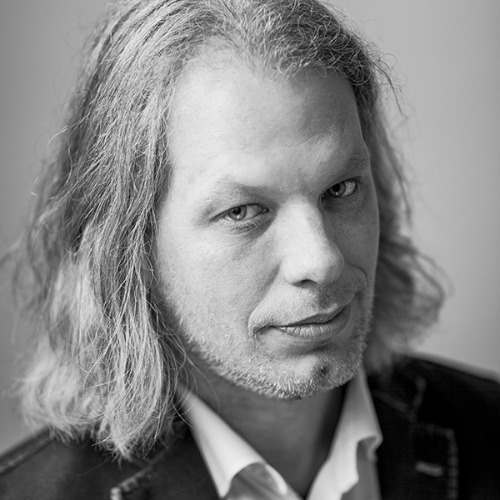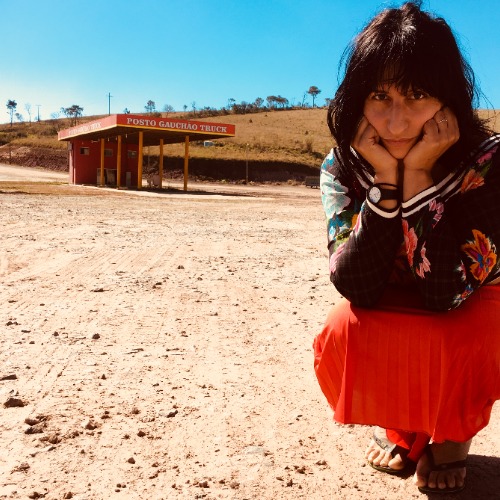Even those of us who openly love games and gaming, and see ourselves as playful, tend to suffer from a hard-to-shake urge to dismiss those realms of experience and interaction as somehow frivolous, inessential, and tainted with the slight shame of childishness.
This discussion will delve into various ways in which game, play, and fun, can not only be seen as means for ‘serious’ social progress and ethical causes, but as fundamental pillars of sustainable social cohesion. The panellists will talk about games as ways to hack and repurpose our public spaces, our everyday rituals, and the ways in which we relate to others digitally and physically.
- How can the instruction and rule-systems of games be used as fields of experimentation for new ways of thinking about social structures?
- What is the role of ‘fun’ within activism, and is there a vital link between play, transgression and the formation of new behaviour habits?
- How can gamified design and technology be used to empower individuals to make ethical lifestyle choices and raise awareness of the customer’s Right To Know?
- How can playful/game-based uses of technology be used to draw awareness to the centrality (and mistreatment) of the human body within a data-driven world?

Chair: Dr Jorge Lopes Ramos (Executive Director, ZU-UK, Associate Professor in Contemporary Performance, University of Greenwich)
Jorge's work is based on the belief that extraordinary art and activism are not mutually exclusive and can be powerful allies for cultural and social change - where games and theatre are intrinsically connected. Over the past 20 years, his work as an artist-researcher has taken the form of multi award-winning performances, digital work, public installations and exhibitions in venues, conferences and festivals including London2012, Southbank Centre (Hayward Gallery), FACT Liverpool, LIFT Festival, The Lowry, amongst others. For the last decade, Jorge has led on research projects and artworks that have addressed the scalability of intimate performance whilst retaining the quality, depth and care of the live experience. More recently, his work has focused on mediating the space between strangers, often in public spaces. As co-author of The Post-Immersive Manifesto (2020), he believes we are responsible - as makers - to challenge privilege, articulating who our work is by, with and for.

Dr Rilla Khaled, Associate Professor in the Department of Design and Computation Arts, Concordia University in Montréal, Canada
Dr Rilla Khaled is an Associate Professor in the Department of Design and Computation Arts at Concordia University in Montréal, Canada, where she teaches interaction design, serious game design, and programming, among other subjects. She is the director of the Technoculture, Art and Games (TAG) Research Centre, Canada's most well-established games research lab, in the Milieux Institute for Arts, Culture, and Technology. Dr. Khaled's research is focused on the use of interactive technologies to improve the human condition, a career-long passion that has led to diverse outcomes, including designing award-winning serious games, creating speculative prototypes of near-future technologies, developing a framework for game design specifically aimed at reflective outcomes, and working with Indigenous communities to use contemporary technologies to imagine new, inclusive futures.

Tim Laning, Co-founder and CEO, Grendel Games
Tim Laning is co-founder and CEO of Dutch serious game development company Grendel Games (established 1998) , which he runs together with his business partner and longtime friend Jan-Jaap Severs. Tim has a passion for designing and developing video games that focus on solving societal challenges. He mostly focuses on sustainability, education and health care. Internationally acclaimed products range from teaching laparoscopic surgery via Nintendo’s instead of expensive simulators, reducing water consumption and heat stress in (sub-) urban area’s to inexpensive chronic pain relief for patients through VR games. Besides designing and developing video games Tim is Boardmember for Dutch Game Garden, the national game development incubator and a member of the Game Design Executives Board for Nord University in Norway. His time off work is mostly spent with his family. And with cooking spicy recipes and playing and restoring pinball machines.

Persis Jadé Maravala, Artistic Director, ZU-UK
Persis Jadé Maravala's work as Artistic Director of ZU-UK has won awards and nominations in the fields of interactive theatre, hybrid art and innovation - it sits at the intersection of games, performance and technology. She believes post-immersive approaches to dramaturgy can enable audiences to engage with one another meaningfully.
Her most acclaimed project, Hotel Medea (2006-12), is considered a pioneering moment in immersive theatre and became the standout hit of the Edinburgh Fringe. She is the director and writer of Goodnight Sleep Tight, Binaural Dinner Date, Pick Me Up (& hold me tight), #RioFoneHack, East London Workers Party, DATUM – Ghost Hunt in a Mall.
Her response to Covid-19 has been to create PlagueRound (a live game show) and Project Perfect Stranger, which has connected strangers in intimate encounters across the world. Her recent talks have been recently featured at SXSW, FutureFest amongst others. Jadé's current work mediates relationships between strangers through the use of sound-design and instruction-based performance. Jadé is committed to reclaiming public spaces as a way to allow all people to experience great art and to actively push against a culture of classism that keeps people from lower socio-economic backgrounds from participating in the arts industry.
DATUM Public Talk Series is curated by Ghislaine Boddington (body>data>space/University of Greenwich) as part of DATUM R&D (Innovate UK), with the support of University of Greenwich, and with inputs from body>data>space, ZU-UK and research groups CLEI, BHRE and LETS Lab.
DATUM R&D is created and produced by ZU-UK (lead partner), University of Greenwich and body>data>space, with support from Innovate UK. This project is partnered with Strategic Research Groups at University of Greenwich - CLEI – Co-creating Liveness in Embodied Immersion, BHRE – Business, Human Rights and Environment and LETS – Law, Emerging Technologies & Science.

